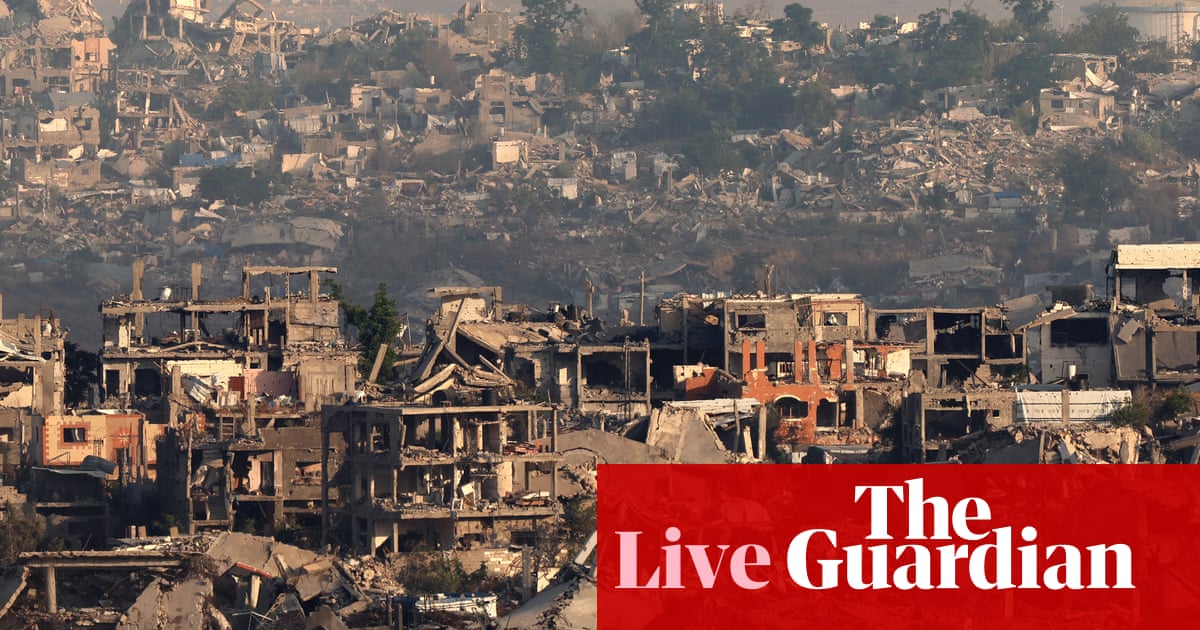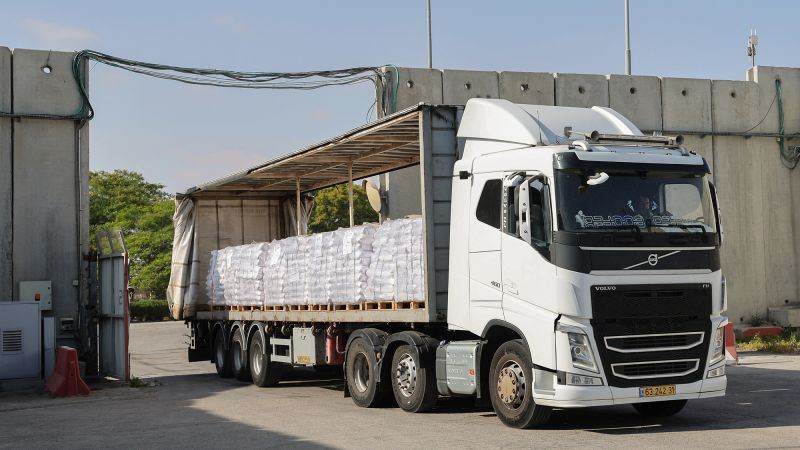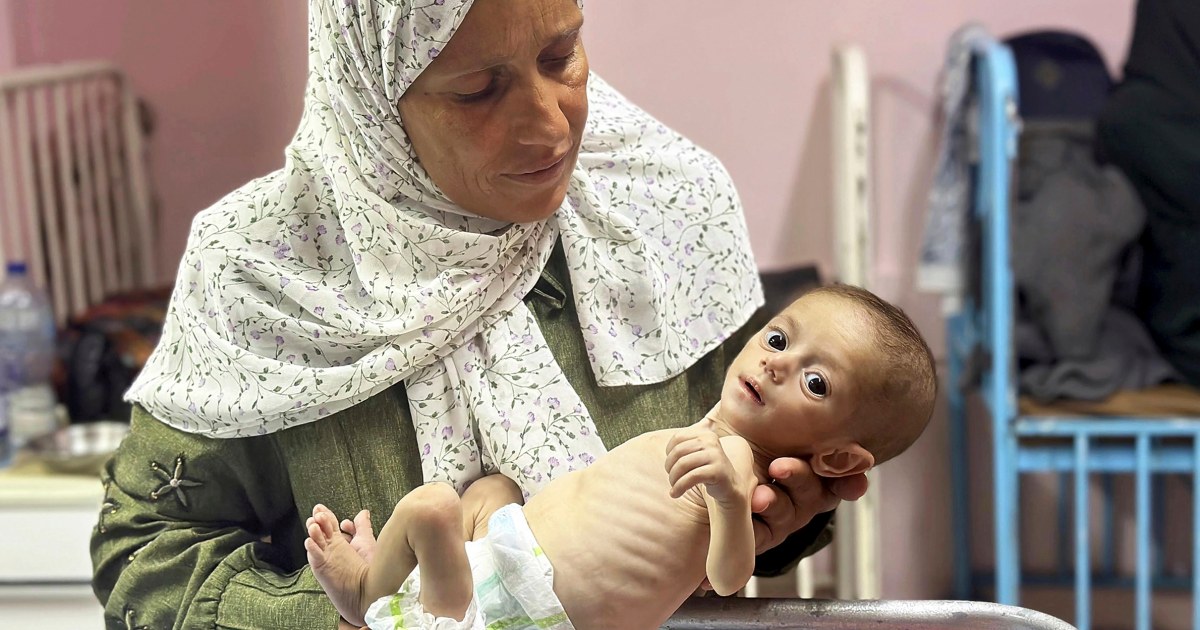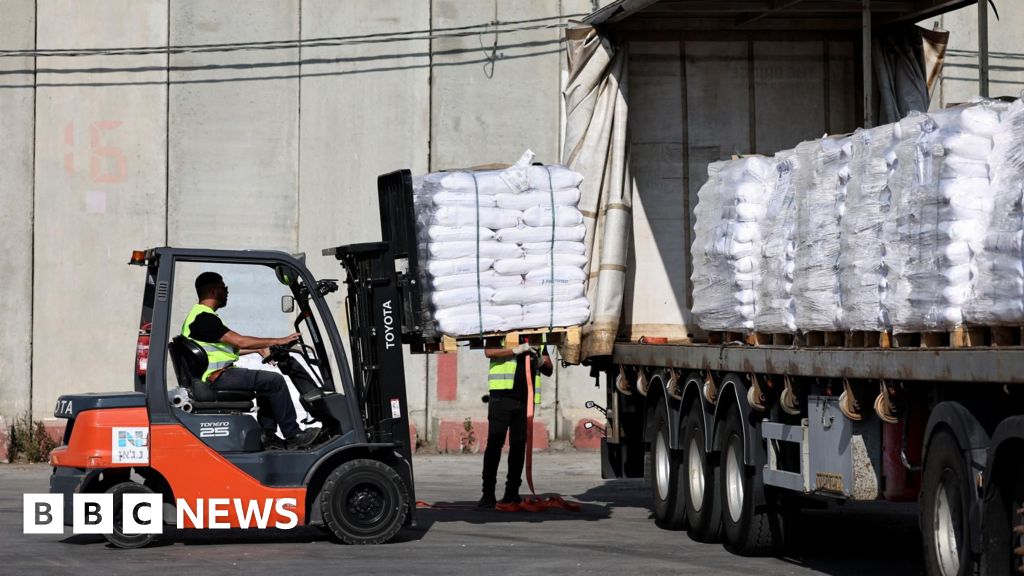UN Delivers Limited Aid to Gaza Amid Ongoing Humanitarian Crisis
Over 90 truckloads of aid reach Gaza after a three-day delay, but humanitarian needs remain dire as conflict continues.
Subscribe to unlock this story
We really don't like cutting you off, but you've reached your monthly limit. At just $5/month, subscriptions are how we keep this project going. Start your free 7-day trial today!
Get StartedHave an account? Sign in
Overview
The UN has dispatched over 90 truckloads of humanitarian aid to Gaza after a three-day delay due to security concerns. Despite this, aid agencies warn that the supplies are insufficient to meet the urgent needs of the population, with many facing starvation. The situation is exacerbated by ongoing Israeli military operations and restrictions on aid distribution. Humanitarian workers describe the logistics of delivering aid as a nightmare, with many supplies still not reaching those in need. The UN and various organizations continue to call for increased aid and a safe passage for humanitarian efforts.
Report issue

Read both sides in 5 minutes each day
Analysis
- The articles report on the humanitarian crisis in Gaza, focusing on recent aid deliveries and ongoing challenges.
- Aid distribution in Gaza is described as a 'nightmare,' highlighting the struggles faced by aid workers and recipients.
- Despite some aid arriving, the overall situation remains dire, with needs far exceeding the available assistance.
Articles (5)
Center (2)
FAQ
Since the conflict began in October 2023, approximately 1.9 million people, or about 90% of Gaza's population, have been displaced, with many displaced multiple times. At least 52,928 Palestinians have been killed and 119,846 injured according to Gaza's Ministry of Health and OCHA reports.
Humanitarian aid deliveries have faced delays and denials primarily due to security concerns and restrictions imposed by Israeli authorities. Of 109 planned aid movements in early May 2025, 69 were denied, five impeded, and only 32 facilitated, resulting in significant logistical challenges and insufficient supply reaching those in need.
UNRWA facilities have been severely impacted by the conflict, with at least 311 installations affected since the war began. Numerous incidents, including airstrikes, have caused damage, casualties, and displacement of people sheltering in these facilities; for example, an airstrike on 6 May 2025 damaged two UNRWA schools and resulted in at least 30 deaths among displaced civilians.
Since the aid blockade began in March 2025, the situation has led to starvation and severe malnutrition, with at least 57 children reported to have died from malnutrition. The ongoing conflict and restrictions on aid exacerbate sickness and deaths from lack of food, medical supplies, and other essential resources.
The UN and various humanitarian organizations continue to call for increased aid deliveries and the establishment of safe passages to ensure humanitarian workers can reach vulnerable populations. They emphasize that current aid is insufficient and that logistical challenges alongside military operations hamper effective distribution of relief supplies.
History
- This story does not have any previous versions.



